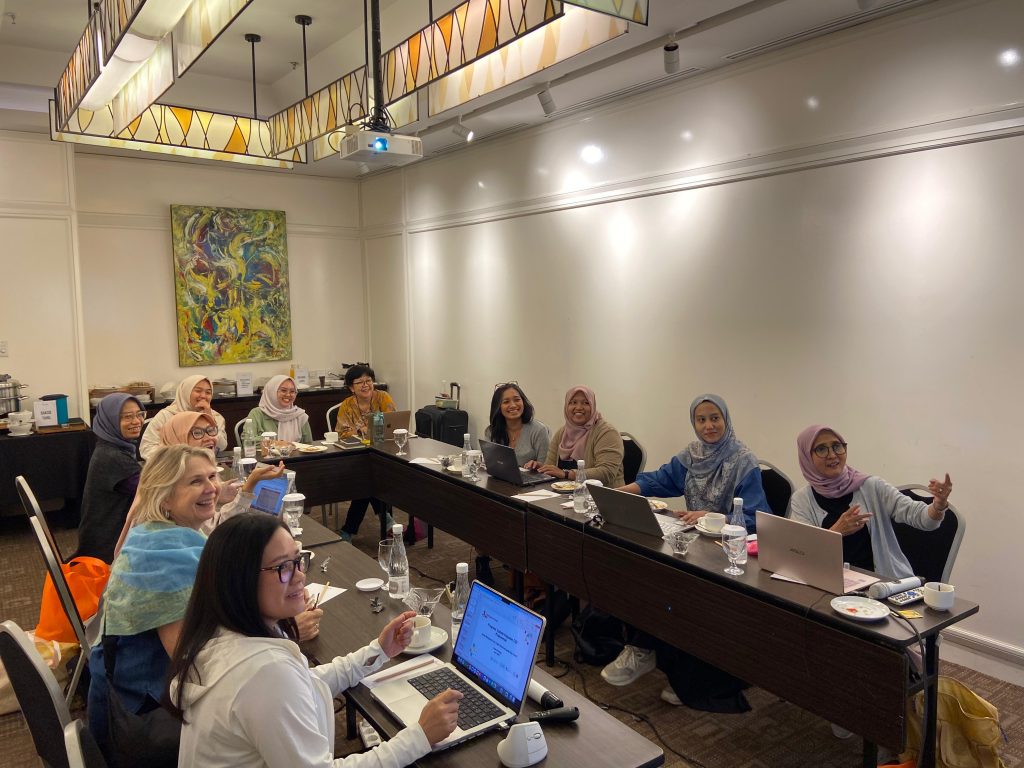Project MENJAGA’s Coordination Meetings Focus on Maternal and Child Health Improvements

In the realm of public health, safeguarding mothers and children against HIV, syphilis, and Hepatitis B remains paramount. These infections pose grave risks, demanding robust interventions that focus on enhancing awareness, ensuring early diagnosis, providing accessible treatments, and implementing preventive measures. Central to these efforts is Project MENJAGA, which is dedicated to expanding the coverage of triple testing (HIV, syphilis, and hepatitis B) among pregnant women to mitigate the incidence and effects of these infections, thereby fostering a healthier future for families and improving community well-being.
From June 10-13, Project MENJAGA conducted pivotal coordination meetings at both the regency and city levels in Bogor District and Bandung City. These gatherings aimed to assess the progress of the interventions implemented in these areas. Participants included CQI Coaches from the District Health Offices and CQI advocates from local puskesmas (community health centers). The sessions not only showcased the achievements but also tackled the challenges faced during the implementation phase.
During the meetings, participants shared various hurdles encountered, including resource limitations, issues with record-keeping and reporting, and engaging the community effectively. This feedback was crucial as it allowed the team to offer direct, practical solutions and fostered a spirit of collaborative problem-solving.
Moreover, the meetings provided a valuable platform for exchanging best practices and positive experiences related to the CQI approach. Insights from these discussions not only illuminated diverse strategies for overcoming common challenges but also inspired the adoption of these practices across different regions.
This event marked a significant stride in Project MENJAGA’s ongoing mission to enhance the quality and effectiveness of health services at the puskesmas level. The insights garnered from these coordination meetings are invaluable, helping to refine and optimize health interventions that protect some of the most vulnerable members of society.

